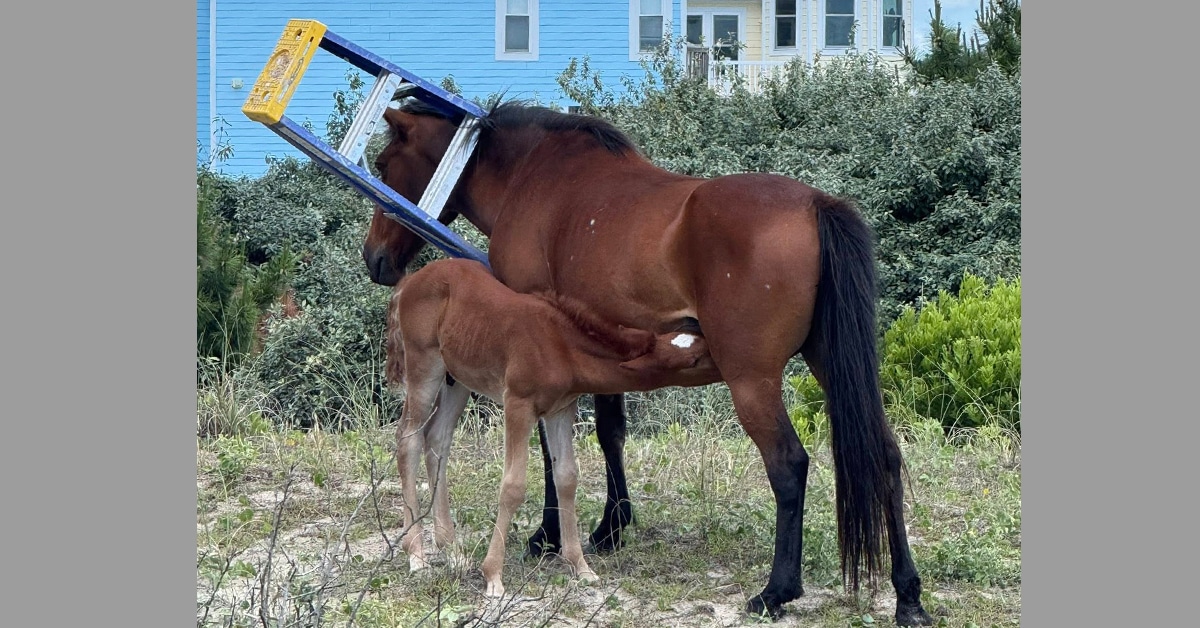On August 11, the Ontario Ministry of Agriculture, Food and Rural Affairs (OMAFRA) was notified of a positive test result for West Nile Virus (WNV) in a horse from the Sudbury area. The unvaccinated mare developed neurological signs which progressively became worse over 48 hours and necessitated humane euthanasia.
During this time of year, veterinarians in Ontario should consider WNV and Eastern Equine Encephalitis (EEE) as differential diagnoses in horses with neurological signs, and can identify positive cases through appropriate testing. WNV and EEE are both immediately notifiable diseases under the federal Health of Animals Act and the provincial Animal Health Act. Signs of WNV and EEE (such as lethargy, ataxia, facial tremors, circling, head pressing and limb paralysis) can mimic a variety of encephalitides including rabies, hepatic encephalopathy, equine protozoal myeloencephalitis (EPM), and equine herpes virus 1 (EHV-1). Please visit CFIA’s webpage for more information on testing
Effective equine vaccines for WNV and EEE are available and veterinarians should ensure that vaccinations are up-to-date in their clients’ animals. There is no specific treatment, other than supportive, once a horse is infected. There are no vaccines for people.
West Nile Virus and EEE are endemic diseases in Ontario and cases occur in the horse population at varying levels each year. Most equine cases occur between August and September, although cases can occur into October if environmental conditions permit the survival of the mosquito vector species. Ontario’s local public health units are currently conducting mosquito surveillance. Birds are the natural host for both viruses, which are transmitted to horses and humans by mosquitoes which have bitten an infected bird. As of August 1, 2015, there have been 11 WNV-positive mosquito pools identified in 7 health units across the province. Two human cases of WNV have been reported. No EEE-positive mosquito pools or human or equine cases have been reported.
WNV infections have been reported in a wide range of animal and bird species, including horses, dogs, cats, deer, crows, chickens, geese, jays, raptors and owls. Horses and birds of the corvid family, including ravens, magpies, jays and crows, are particularly susceptible to WNV.
EEE virus (EEEv) affects mainly equine species in eastern North America, but can occasionally cause severe disease in humans, including permanent brain damage or death. EEEv has also caused fatal infections in pheasants, quail, captive whooping cranes, emus and dogs. In 2014, 22 horses and 2 emus died from EEE in Ontario.
Positive equine cases of WNV and EEE in Ontario, when identified, will be followed up by the local public health unit to determine the vaccination status of the horse and whether the exposure of the horse was local or travel-related. The public health unit will also ensure that human exposure to mosquitoes in the area which may potentially be carrying WNV or EEE is minimized. Depending on the time of year, the owners of properties on which a positive equine WNV or EEE case is diagnosed may be asked to allow public health mosquito traps to be placed around their property for surveillance purposes. There is no cost to the property owner for this.
Equine neurological cases are posted on the OMAFRA website here.
Questions with respect to veterinary public health issues or responses in Ontario should be directed to:
Dr. Catherine Filejski,
Public Health Veterinarian
Ontario Ministry of Health and Long-Term Care
Tel. (416) 212-0424
e-mail: catherine.filejski@ontario.ca
Questions with respect to animal health issues or responses in Ontario should be directed to:
Dr. Janet Alsop
Lead Veterinarian – Regulatory Response
Ontario Ministry of Agriculture, Food and Rural Affairs
Tel. (519) 826-4323
e-mail: janet.alsop@ontario.ca
Or for Equine Health to:
Dr. Alison Moore
Lead Veterinarian – Animal Health and Welfare
Ontario Ministry of Agriculture and Food
Tel: (519) 826-4514
e-mail: alison.moore@ontario.ca
More News








